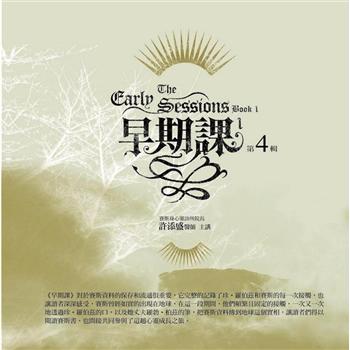The book is of interest to the public in the field of social sciences and public policy makers, especially those concerned with rural youth, regional development, higher education and family farming. One of the book’s great differentials is its concern to contribute to the process of understanding factors related to the permanence of rural youth, whether on family farms or in small municipalities where typical social and cultural relations predominate. In particular, the focus is on the contribution of public higher education to making it possible for young rural people to remain in their regions and its repercussions for the development of these territories where family farming predominates. Many studies have been dedicated to explaining the factors that lead young rural people to leave the countryside. In this case, the concern is different, precisely with the factors that can explain the permanence of young rural people in their territories. Finally, the Federal University of the Southern Frontier is a public policy experience that deserves to be analyzed and documented in terms of its socio-economic and cultural repercussions in the territories in which it operates and exerts its influence.
| FindBook |
有 1 項符合
Rural youth migration and higher education的圖書 |
 |
Rural youth migration and higher education 作者:Lamb 出版社:Our Knowledge Publishing 出版日期:2024-10-03 語言:英文 規格:平裝 / 100頁 / 22.86 x 15.24 x 0.61 cm / 普通級/ 初版 |
| 圖書館借閱 |
| 國家圖書館 | 全國圖書書目資訊網 | 國立公共資訊圖書館 | 電子書服務平台 | MetaCat 跨館整合查詢 |
| 臺北市立圖書館 | 新北市立圖書館 | 基隆市公共圖書館 | 桃園市立圖書館 | 新竹縣公共圖書館 |
| 苗栗縣立圖書館 | 臺中市立圖書館 | 彰化縣公共圖書館 | 南投縣文化局 | 雲林縣公共圖書館 |
| 嘉義縣圖書館 | 臺南市立圖書館 | 高雄市立圖書館 | 屏東縣公共圖書館 | 宜蘭縣公共圖書館 |
| 花蓮縣文化局 | 臺東縣文化處 |
|
|
圖書介紹 - 資料來源:博客來 評分:
圖書名稱:Rural youth migration and higher education
|










